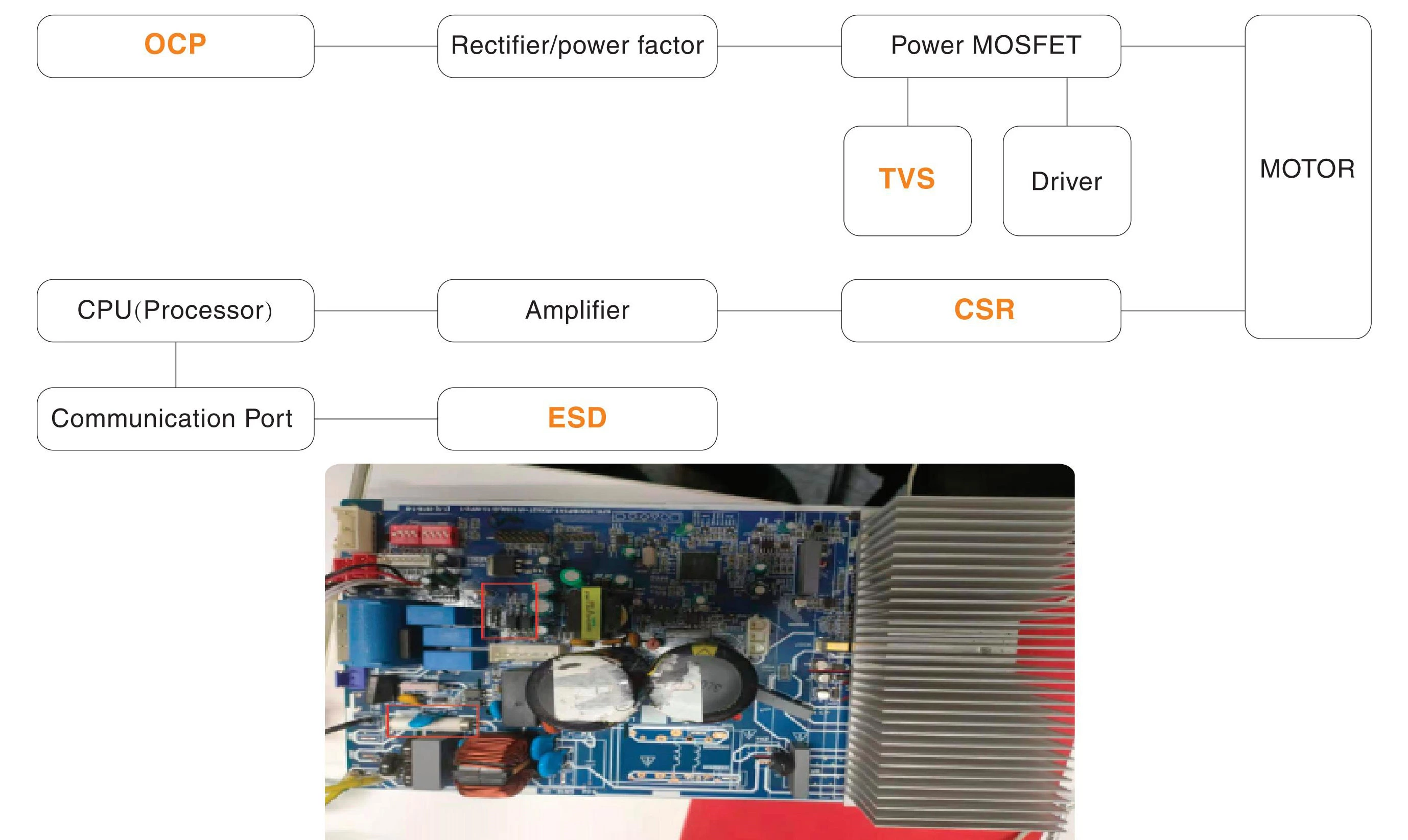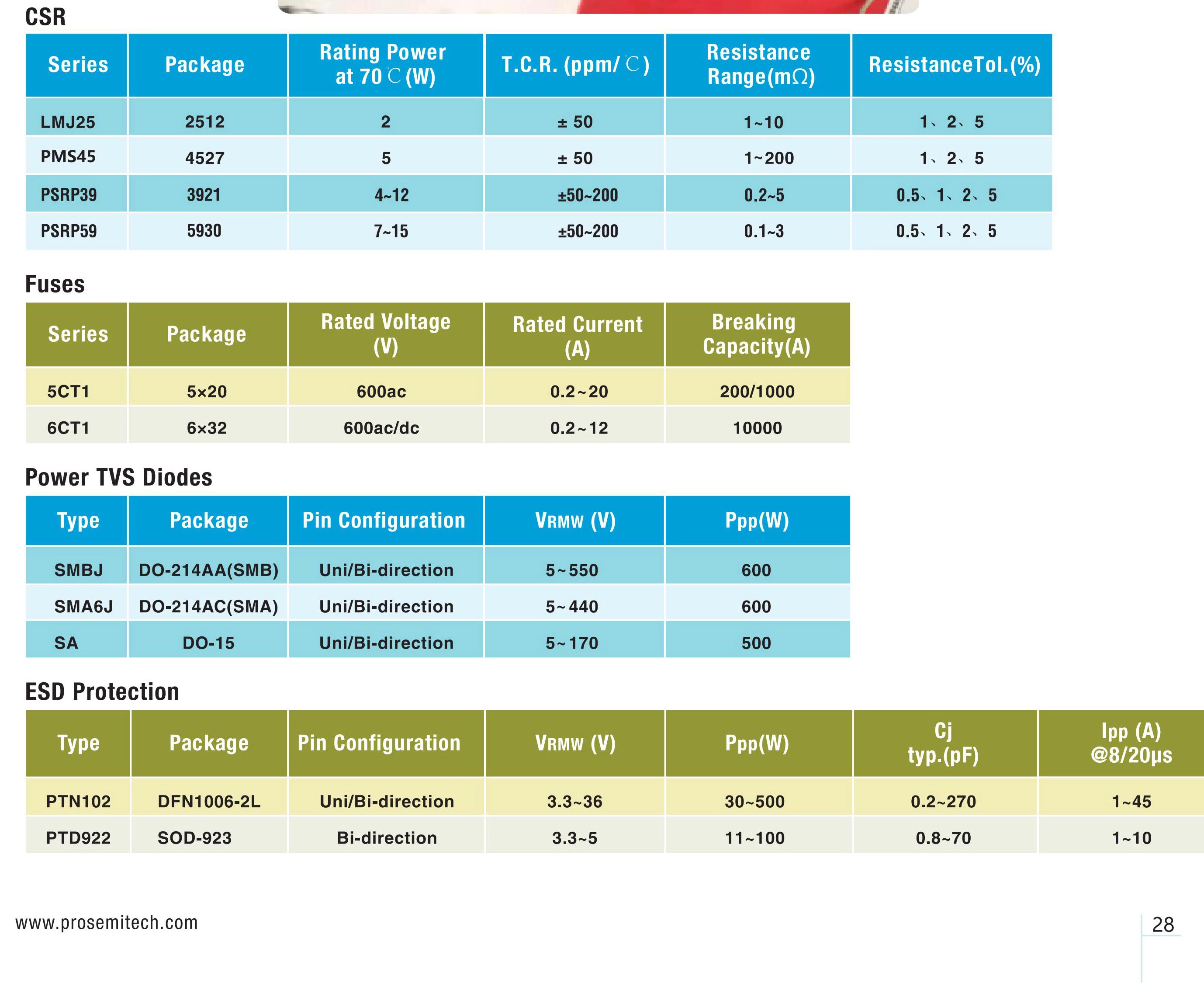Precision Low-Resistance Alloy Resistors in Small Household Appliance Control Boards
Overview
Small household appliances, such as toasters, blenders, coffee makers, and hairdryers, are an integral part of modern daily life. As consumer demand for compact, energy-efficient, and smart appliances increases, the electronics inside these devices have become more sophisticated. At the heart of these appliances lies the control board, which regulates functions like power distribution, motor control, heating, and user interfaces.
An often-overlooked yet critical component in these control systems is the precision low-resistance alloy resistor. These resistors are used for applications where accurate current measurement, power monitoring, and overcurrent protection are essential. They ensure reliable operation, improve energy efficiency, and extend the lifespan of the appliance.

Application of Precision Low-Resistance Alloy Resistors
1. Current Sensing in Motor Control and Heating Systems
Small household appliances often rely on electric motors (e.g., in blenders, mixers, or vacuum cleaners) and heating elements (e.g., in toasters, coffee makers, or hairdryers). Precise control of current flow through these components is critical to ensure efficient operation and avoid damage due to excessive current.
- Current Measurement: Precision low-resistance alloy resistors are used as current sensing resistors to monitor the flow of electrical current. By accurately measuring the current, the control board can adjust the motor speed or heating power, ensuring optimal performance. These resistors offer very low values (e.g., milliohms) with high precision, making them ideal for applications where minute variations in current need to be detected.
- Example: In a blender, the motor controller uses the current sensing resistor to measure the current going through the motor windings. If the current exceeds a preset threshold, the controller can reduce the motor speed or shut it down entirely to prevent damage to the motor or overheating. Similarly, in a toaster, the resistor ensures that the heating element operates within safe current limits, preventing overheating or excessive power consumption.
- Benefits:
- High accuracy: Precision resistors ensure that even small fluctuations in current are detected, providing fine-tuned control.
- Low temperature coefficient: This minimizes resistance changes due to temperature variations, ensuring stable performance in devices that generate heat.
2. Overcurrent Protection
Overcurrent protection is crucial for safeguarding the appliance's components from damage. Precision low-resistance alloy resistors can also serve in overcurrent detection circuits, where they act as part of a current sensing network to monitor the overall current flow and trigger protection mechanisms when necessary.
- Thermal Runaway Protection: When the current exceeds a safe value, the resistor value may change slightly, signaling to the control board that overcurrent conditions exist. The control board can then shut down the appliance or activate a fuse to prevent further damage.
- Short Circuit Protection: In the event of a short circuit, these resistors quickly detect the surge in current, enabling the control system to take corrective action before damage to components occurs.
- Example: In a coffee maker, precision resistors are placed in the power input circuit. If the current drawn by the heating element spikes beyond a safe limit, the control board can detect the anomaly via the resistor and immediately cut power to prevent damage or fire hazards.
- Benefits:
- Fast response time: Precision resistors can detect current surges quickly, allowing for rapid response by the control system.
- Durability: High-quality alloy resistors can handle high-power surges without degrading, ensuring long-term reliability.
3. Thermal Management
Heating elements and motors generate significant amounts of heat during operation, and improper thermal management can lead to component failure, overheating, or even fires. Precision low-resistance alloy resistors can help manage heat dissipation in the system, especially in conjunction with thermistors or thermal sensors.
- Heat Sensing: Low-resistance resistors are often paired with thermal sensors to monitor temperature changes across critical components such as heating elements. These resistors provide feedback to the control board, which adjusts the power input to the heating element or motor based on real-time temperature data.
- Example: In a hairdryer, a low-resistance resistor can be used to monitor the current through the heating element. If the element becomes too hot, the control system can lower the power to the element, reducing the risk of overheating.
- Benefits:
- High power tolerance: Low-resistance alloy resistors can handle the high currents associated with heating elements without suffering from thermal runaway.
- Stable resistance under heat: Low-resistance resistors have a very low temperature coefficient, meaning their resistance stays stable even when exposed to high temperatures, offering reliable and consistent performance.
4. Energy Efficiency and Power Monitoring
With the growing emphasis on energy efficiency, especially in household appliances, precise power monitoring is essential. Low-resistance alloy resistors help ensure that the appliance operates at peak efficiency by monitoring power usage and adjusting the system accordingly.
- Power Monitoring: By accurately sensing current and voltage, precision resistors allow the control system to calculate real-time power consumption. The control board can then adjust the appliance’s operation to reduce unnecessary power usage and improve energy efficiency.
- Example: In a blender, the control board can adjust the motor speed depending on the resistance readings from the low-resistance resistor, optimizing power consumption and reducing energy waste.
- Benefits:
- Precise power measurement: These resistors provide high accuracy in detecting small current changes, allowing for detailed power monitoring.
- Energy savings: By providing real-time feedback, the control system can make adjustments to the appliance’s operation, minimizing energy consumption.

Key Benefits of Using Precision Low-Resistance Alloy Resistors in Control Boards
1. High Precision and Accuracy: Low-resistance alloy resistors are engineered to provide high accuracy even at very low resistance values (often in the milliohm range). This precision is essential in applications like current sensing, where even small fluctuations in current can impact the performance or safety of the appliance.
2. Stability and Durability: Low-resistance alloy resistors exhibit excellent thermal stability, meaning they maintain their resistance characteristics under varying temperature conditions. This is particularly crucial in appliances that generate heat during operation, such as toasters or hairdryers.
3. Fast Response Time: Precision resistors provide fast detection of current surges or changes in electrical parameters, enabling the control system to react quickly and prevent damage or unsafe conditions.
4. Energy Efficiency: By enabling accurate power monitoring and feedback, these resistors contribute to the overall energy efficiency of household appliances, helping consumers save on energy costs.
5. Compact and Reliable: Low-resistance alloy resistors are compact and resilient, making them suitable for integration into small and portable household appliances without taking up too much space or adding excessive weight.
Conclusion: Enhancing Small Household Appliance Performance with Precision Low-Resistance Alloy Resistors
As the electronics in small household appliances continue to evolve, precision low-resistance alloy resistors play an essential role in enhancing performance, safety, and efficiency. From current sensing and thermal management to overcurrent protection and energy monitoring, these resistors ensure that appliances operate within safe limits and perform optimally over time.
By using high-precision resistors in control boards, manufacturers can deliver products that are not only more reliable and durable but also energy-efficient, meeting the increasing demands of safety-conscious and environmentally-aware consumers.
As a resistor manufacturer, we offer precision low-resistance alloy resistors designed for use in small household appliance control boards. Our resistors provide accurate current sensing, efficient power management, and reliable protection, helping appliance manufacturers develop products that meet high-performance standards and exceed customer expectations.